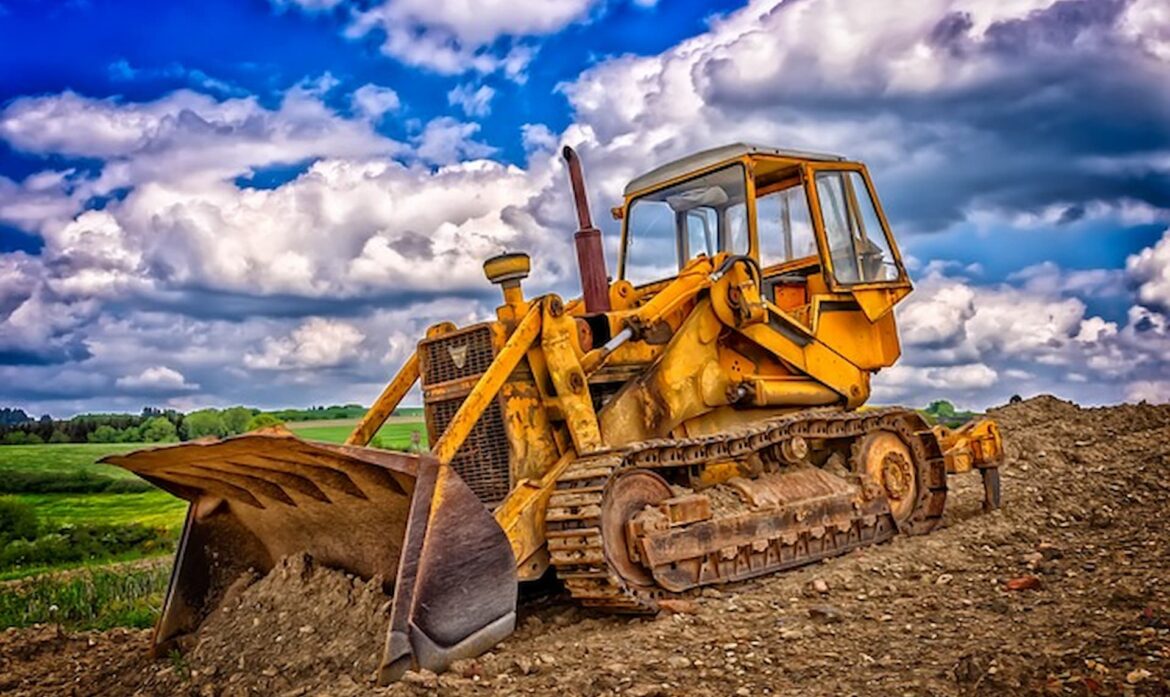Key Takeaways
- Land surveyors are essential to the successful planning and execution of construction projects.
- They provide precise measurements and assessments of land properties, which are crucial for project accuracy.
- Technological advances have revolutionized land surveying, increasing efficiency and accuracy.
- Formed partnerships with construction teams can lead to better project outcomes.
Table of Contents
- Defining the Land Surveyor’s Role
- Planning and Pre-Design Stages
- Technology and Tools in Modern Surveying
- Establishing Boundary Lines and Legal Aspects
- Collaboration with Construction Teams
- The Future of Land Surveying in Construction
Defining the Land Surveyor’s Role
The foundation of any successful construction project lies in precise planning and execution, where the land surveyors Colorado play a pivotal role. They are the meticulous eyes on the ground, ensuring every structure sits precisely where it should be. Through comprehensive measurements and detailed land assessments, surveyors provide the essential data that architects and engineers rely on to bring blueprints to life. It’s a task that harmonizes measurement science with the art of interpretation.
The complexity of the surveyor’s role requires a unique blend of skills encompassing engineering principles, legal knowledge, and spatial awareness. Their work goes beyond simple measurements; it involves interpreting land features and predicting how these may impact construction. Moreover, surveyors must ensure compliance with regulatory standards and local zoning laws, making their role indispensable in the early stages of the construction process.
Planning and Pre-Design Stages
Surveyors provide the essential groundwork for construction projects during the planning and pre-design stages. This involves a multi-faceted approach to evaluating land through topographical surveys and soil assessments. The information gathered during this phase is critical, as it shapes the overall design and feasibility of the project. With precise data, architects can design visionary and viable structures given the actual site conditions.
The pre-design stage is all about solving potential problems before they occur. Surveyors map out every terrain aspect, identifying obstacles that engineers might encounter. Their expertise saves time and resources and ensures that plans are optimized. It’s a meticulous process that requires advanced tools and techniques, reflecting the surveyor’s crucial role in managing expectations and aligning project goals with reality.
Technology and Tools in Modern Surveying
Technological innovations have revolutionized the practice of land surveying, making it more efficient and accurate than ever before. Tools like GPS, 3D laser scanning, and drones have modernized the industry, enabling surveyors to collect precise data quickly, even on complex terrain. These technologies reduce the likelihood of human error and allow surveyors to work more swiftly, making them invaluable on fast-paced construction sites.
Drones, for instance, provide aerial perspectives that were previously only possible to obtain with significant time and cost. They capture high-definition images and real-time data, offering unparalleled insights into site conditions. As highlighted by ongoing research, these tools also enhance the safety and scope of surveying by allowing high-risk areas to be analyzed from a distance. Such technological advancements continue to set new benchmarks for precision and dependability.
Establishing Boundary Lines and Legal Aspects
One of the critical tasks of land surveyors is establishing and verifying boundary lines. This intricate process combines historical research with modern survey techniques. Boundary lines form the legal foundation for property ownership and are thus vital for avoiding disputes and ensuring clarity in construction development. Surveyors meticulously analyze maps, deeds, and past surveys to confirm these lines, ensuring that all parties understand property dimensions and legal denotations clearly.
Besides determining boundaries, surveyors help navigate the myriad of local, state, and federal land use regulations. Their in-depth knowledge of zoning laws and environmental regulations is crucial for securing permits and maintaining project compliance. This legal expertise is vital for aligning construction projects with community standards and environmental protocols.
Collaboration with Construction Teams
Effective collaboration between surveyors and construction teams is critical to the seamless progression of any construction project. Their role involves close interactions with project managers, architects, and engineers to relay vital information that can impact project plans and execution. For instance, when unexpected site conditions arise, surveyors quickly provide updated data to adjust plans as needed, maintaining project timelines and budgets.
This collaborative approach not only helps in problem-solving but also strengthens project integrity. Surveyors contribute by applying their technical expertise to refine construction methods and strategies, optimizing client outcomes. By working with construction teams, surveyors ensure that each phase of the project aligns with the initial survey insights, ultimately enhancing the quality and efficiency of construction work.
The Future of Land Surveying in Construction
Exciting advancements in technology and methodology mark the future of land surveying. Emerging tools such as artificial intelligence and machine learning promise to enhance the speed and accuracy of survey data collection. These innovations, along with the increased use of drones and digital modeling, are poised to revolutionize how surveyors operate, making their work even more integrated with environmental considerations and construction innovations.
As the demand for sustainable urban development grows, surveyors will play an increasingly crucial role in ensuring that new infrastructure aligns with environmental and societal needs. By embracing the latest technological advancements, surveyors can offer even more comprehensive insights, helping to drive forward projects that are not only architecturally innovative but also environmentally responsible and economically sound.

